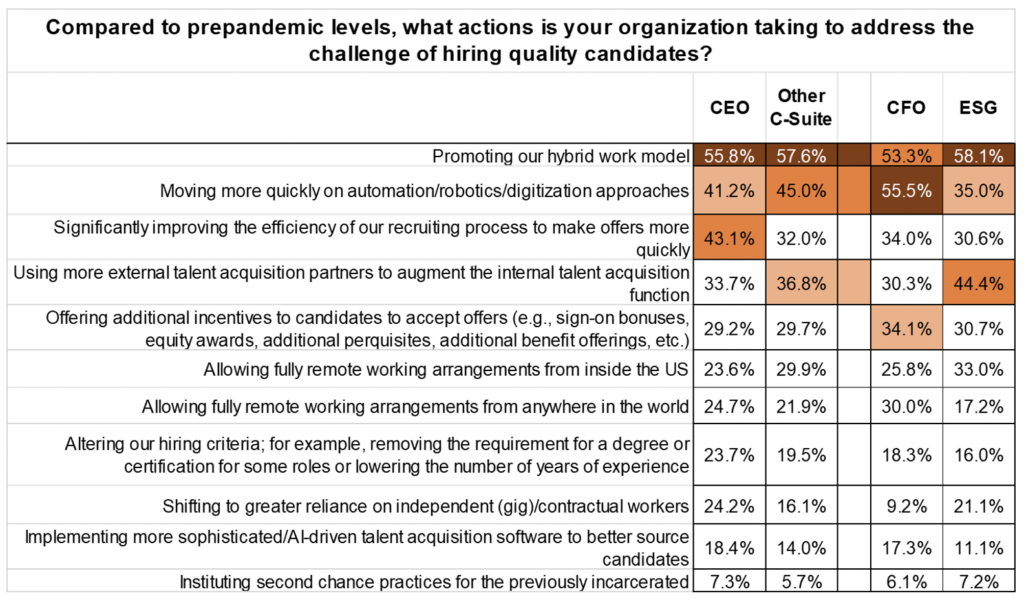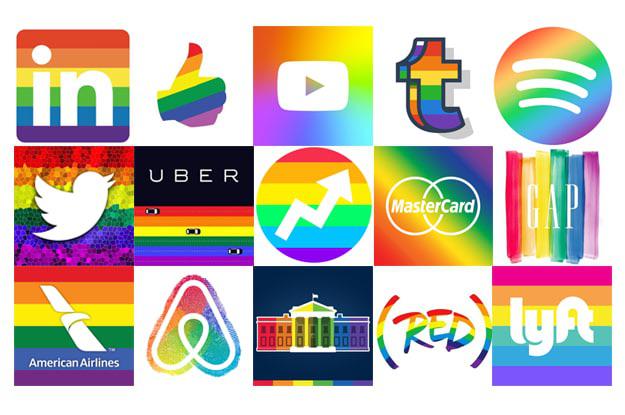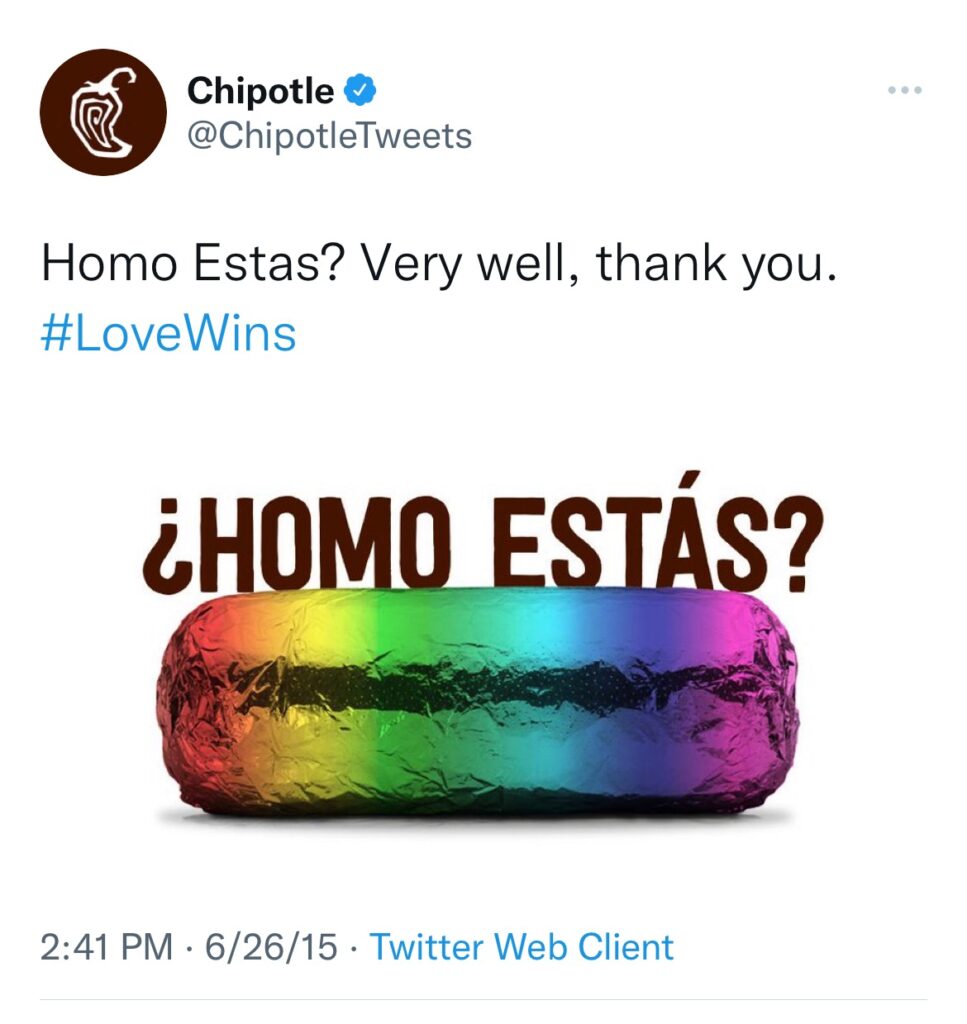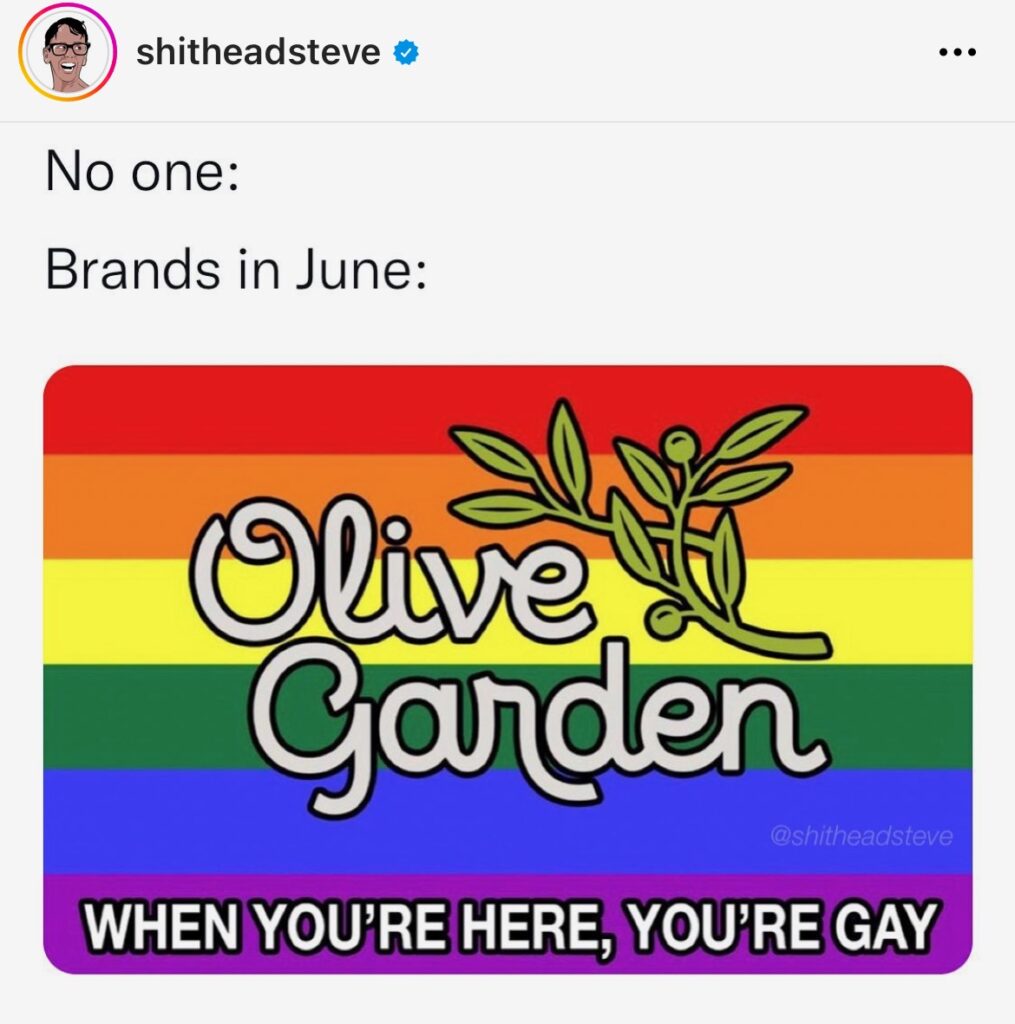I was out at iCIMS Inspire last week, and I was listening to a recruiting product leader and TA leader talk about a process involving texting candidates. iCIMS purchased TextRecruit years ago, and it’s now baked into iCIMS. I think across the board, everyone believes you should be texting candidates at this point. It’s 100%. You won’t meet anyone in recruiting who’s like, “Hey, yeah, texting candidates is bad” as a form of communication with candidates.
I say statements like that above to see the one dumb person on LinkedIn who will share this post and give me the one outlandish reason in the world when you wouldn’t text a candidate. “Well, TIM! I once had a candidate who was blind and deaf and lived only underwater and communicated telepathically, so what about that person!? Should we text them!?” Yes! Now, go away.
For the most part, recruiters are pretty good about using expected communication norms with candidates. We kind of have to. If you’re awful at comms, your recruiting career will be shorted lived. This doesn’t mean there aren’t recruiters out there working in sweatshops that still don’t spam. Of course, we’ll always have that. But, for the most part, the vast majority of professional recruiters, agencies, RPO, and corporate try to communicate around expected societal norms in the areas they recruit.
One of those comms standards is the Opt-Out text message sentence:
“If you no longer wish to receive text messages from this company, reply “STOP” to unsubscribe from any further messages.”
Now, these messages all sound and look the same. We basically just copy each other. One person, one time, wrote a version of what’s above, and we’ve stolen and tweaked this same message.
When I was at iCIMS, this leader was sharing an example, and this came up, and no one batted an eye. Yep. Yep. Move on. That’s when it hit me. That’s an opportunity! Every single comm we send that touches a candidate is an opportunity to stand out and leverage your brand! We should be better than what’s above!
So, I started thinking. What would a great opt-out text message be for a recruiter? Try these on for size:
“If you no longer want to receive messages from Tim, simply reply “I HATE TIM” and make him cry!”
“Yeah, we know you didn’t opt in for this, but can you blame us? We wanted to offer you a job!? Reply “No Job For Me” to Stop these messages.”
“Hate Text Spam? You can call me instead and stop all of this nonsense! Come on. I dare you!”
“Look, I’m a Stan! No cap, but you’re super dank. Texts hit different but if you’re sus just reply “This ain’t it chief”
“Hey, I just texted you, and this is crazy! But if you don’t like me, just reply.”Maybe Later”
“Wait, we get it. This isn’t for you. Before you opt-out, maybe you know someone who could use this. Please share it with them. Reply “Stop” to end these messages.“
Had enough!?
We might want just to disregard this and think about our corporate brand and being “professional.” The reality is this isn’t your corporate brand. This is your employment brand. For some, yeah, just stick to the same old boring script. It’s safe. For many of us, let’s show candidates we can be fun and have fun, and we don’t take ourselves so seriously.
If we are going to jam thousands of text messages out to candidates, you might want to have a little personality in those communications. You don’t have to. You can be like everyone else. But you can.
Dare to be a bit different!




